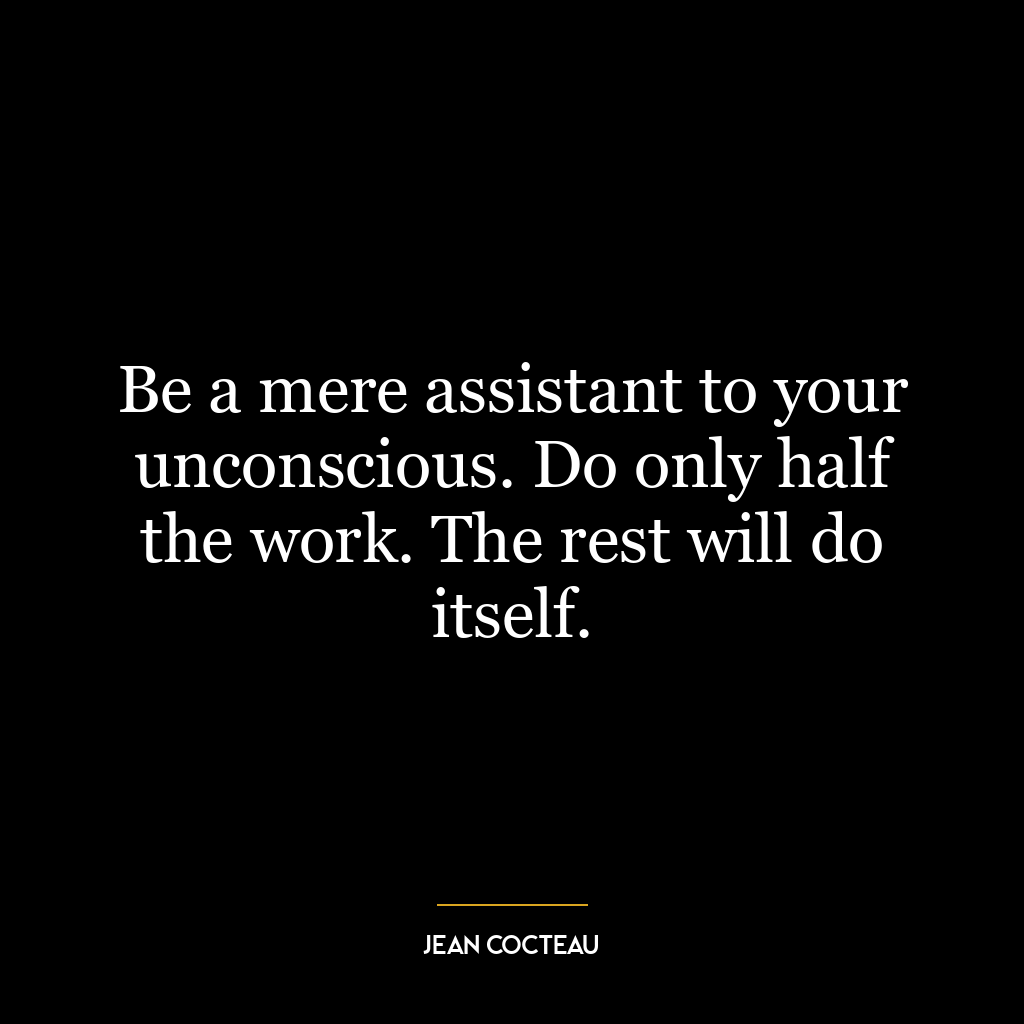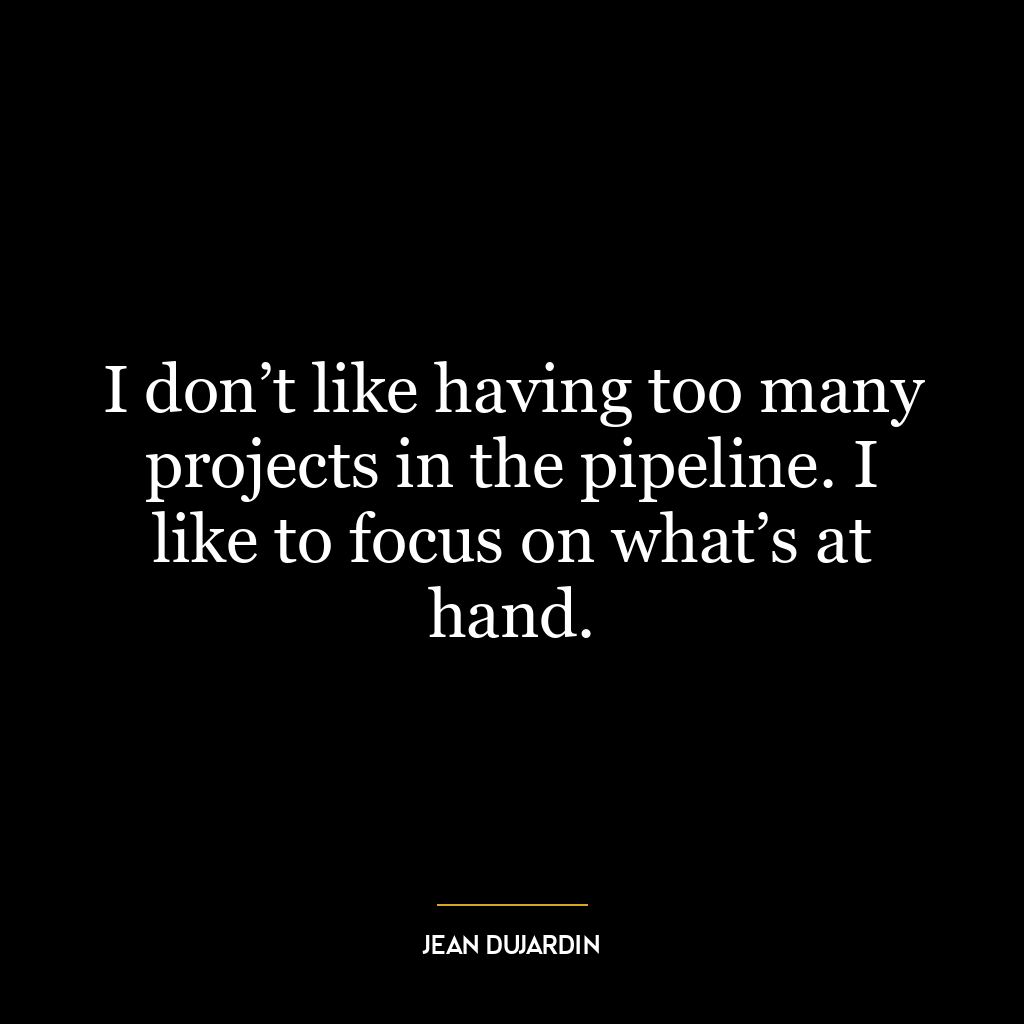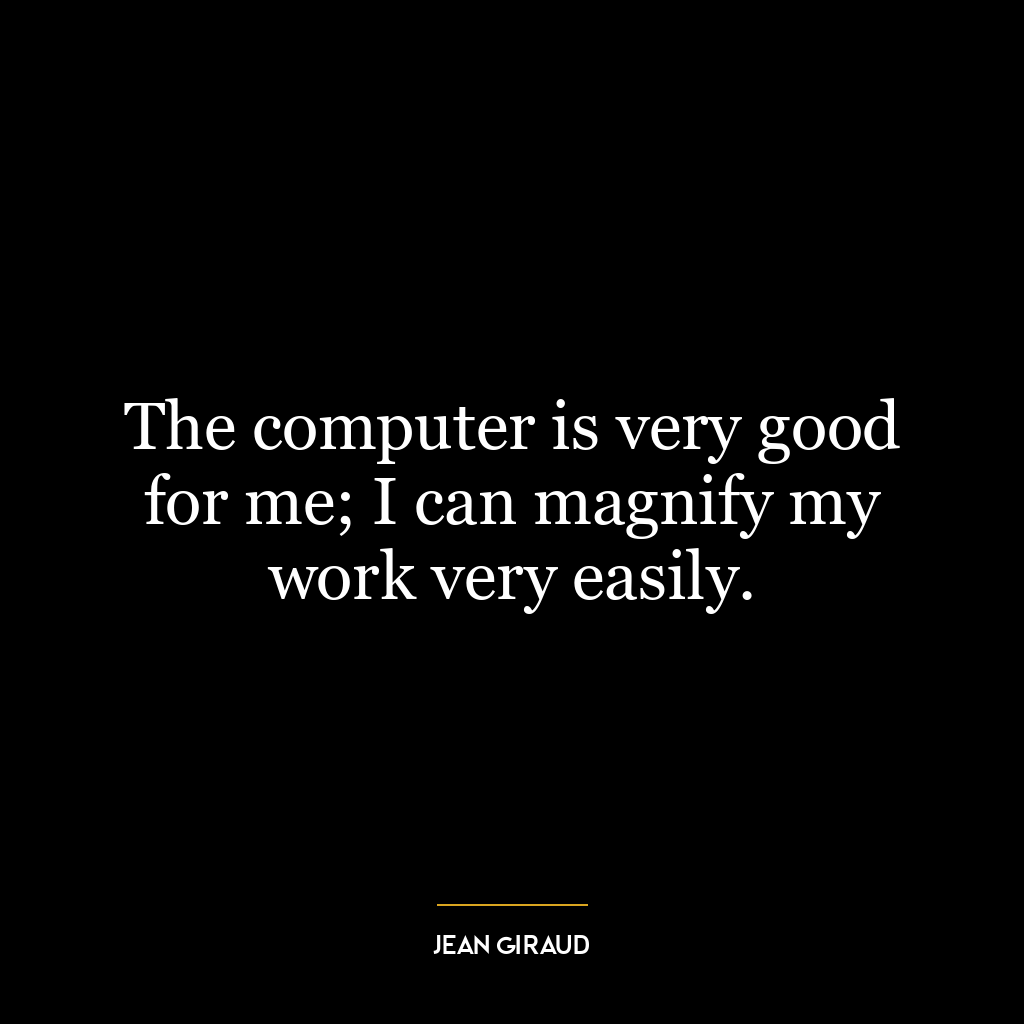This quote suggests that the efforts and time one puts into earning money to purchase food could be just as effectively, if not more so, spent on growing one’s own food. It challenges the modern societal norm where money is seen as the chief means to acquire necessities and luxuries. It proposes an alternative perspective, suggesting that self-sufficiency, in this case growing your own food, could be a more beneficial and fulfilling use of one’s time.
This idea is deeply rooted in the concept of direct productivity and self-reliance. It questions the efficiency of our modern economic system, where we often spend considerable time and effort in jobs that may not directly contribute to our immediate needs, such as food. Instead, we earn money, which we then exchange for these necessities. The quote suggests that this roundabout way of meeting our needs might not be the most efficient or fulfilling.
Applying this quote in today’s world could mean a variety of things. On a broader scale, it could imply a shift towards more sustainable and self-sufficient lifestyles, such as urban farming or homesteading. This not only reduces dependency on commercial food supply chains, but also promotes a deeper connection with nature and understanding of the food we consume.
On a personal development level, this quote could encourage individuals to reassess where they are investing their time and energy. It promotes the idea of direct engagement and self-reliance. This doesn’t necessarily mean everyone should start farming, but rather encourages individuals to learn and engage more directly with essential skills or tasks instead of relying on indirect means (money) to fulfill these needs. This could lead to a more balanced, grounded, and self-sufficient lifestyle.








